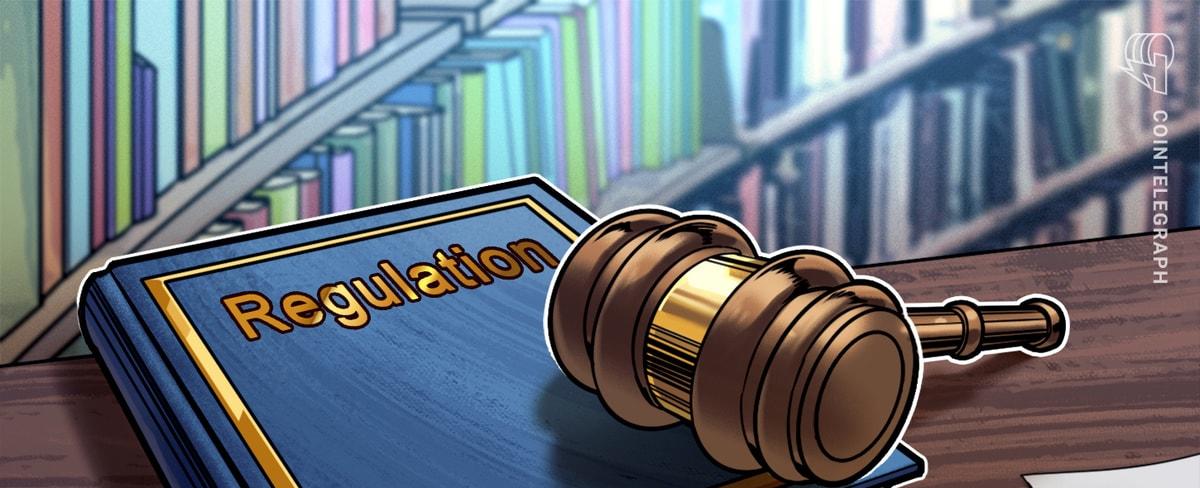Arizona governor vetoes bill targeting taxes on blockchain node hosts

Arizona Governor Doug Ducey has vetoed a bill aimed at increasing taxes on operators of blockchain nodes. The proposal would have increased costs for those running blockchain nodes by classifying them as a commercial enterprise subject to property taxes. However, the move was met with opposition from blockchain advocates who argued it would stifle innovation and harm the state’s burgeoning tech industry. Governor Ducey listened to these concerns, stating in his veto letter that while he values the work of tax assessors, he believes they need to be balanced with considerations for emerging industries. This decision will likely be welcomed by Arizona’s growing blockchain sector, which has seen significant investment in recent years.
The bill would have required blockchain node hosts to pay property taxes from the date their servers became operational. On top of this, they would also need to maintain detailed records that would have made audit and compliance costly and time-consuming. Essentially, the legislation would have stigmatized blockchain technology and discouraged participation in the industry. It was a move that would have made Arizona one of only a handful of states to impose such taxes, while others have embraced blockchain technology, recognizing the sector’s potential for economic growth and job creation.
Blockchain technology, while still in its infancy, has the potential for vast applications in many industries, from finance to health to supply chain management. However, it remains largely unregulated, and its adoption has been met with regulatory barriers in some jurisdictions. California and New York have already imposed taxes on blockchain node hosts, citing the need to protect their traditional revenue streams. But, many have criticized such measures, arguing they could lead to the stifling of innovation in the sector, as well as the loss of investment and jobs.
Governor Ducey’s veto sends a positive signal to the blockchain industry, signaling that politicians are beginning to recognize the potential of this emerging technology. As supporters of the technology continue to fight for greater recognition and legitimacy, it’s important they stay vigilant and continue to push back against initiatives that would discourage participation in the sector. The future of blockchain technology depends on collaboration between innovators, regulators, and politicians.
Quick Links

